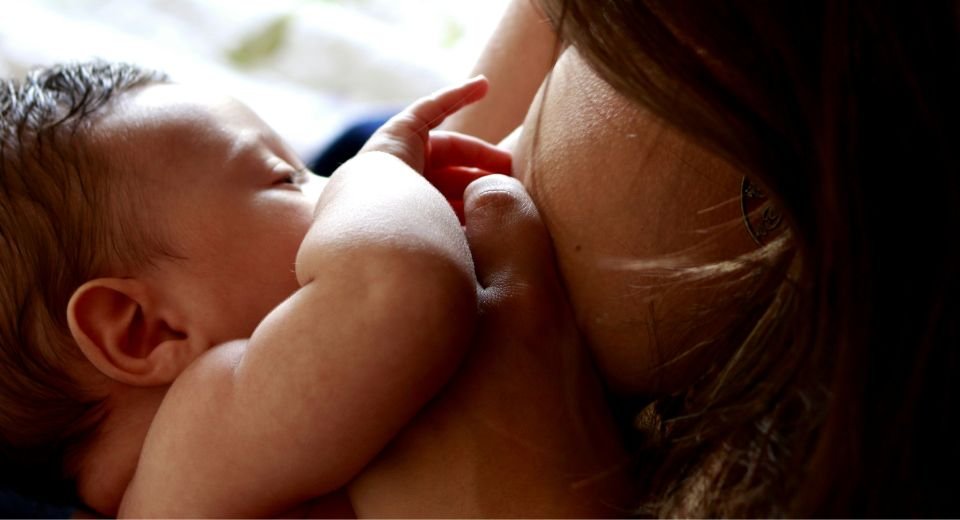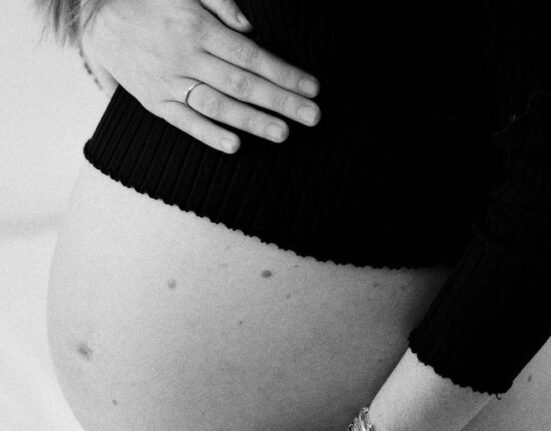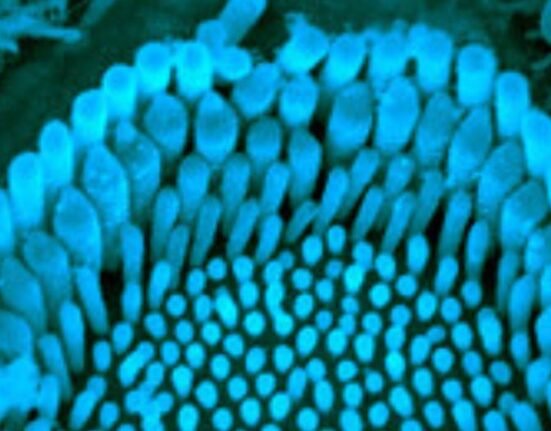By Aparna S
March 12, 2024: In Indian mythology, there was a demoness, Putana, who disguised as a beautiful damsel named Lalita tried to kill an infant god at the behest of his uncle.
While breastfeeding the baby, she smeared her breasts with poison. The god, knowing her intentions, sucked her milk while simultaneously sniffing the life out of her.
In Hindu mythology, the episode is called “Putanamoksha’ —the attainment of the salvation of Putana at the hands of god Krishna himself.
As a psychiatrist, I attach a different meaning.
Putana killed quite a few infants before she took her last assignment. To call it salvation may be wrong. There are “between the lines” versions of this myth.
A prototype
Putana could be a prototype of severe postpartum depression, for which infanticide is a dreaded risk.
Didn’t the “inner demons” of depression, anger and paranoia bring the heinous Putna out of an angelic, docile Lalitha?
As Lalitha, did the baby suckling onto her breasts make her get rid of negative mood states, arousing a feeling of happiness and well-being?
The story can be interpreted as having been liberated from the sufferings and pain of a complex mental disorder.
Putana gained eternal happiness or “moksha” by the divine elixir — breastmilk. A few things have to be said about breastfeeding and its role in reducing the risk and severity of postpartum depression.
Postpartum depression is the most prevalent mental health issue after childbirth. It affects 14-19% of new mothers.
Low mood, worthlessness
It is characterised by chronic low mood, thoughts of disappointment, worthlessness and consistent low energy levels in women within weeks of giving birth.
In many, self-harm thoughts result in suicide, accounting for about 20% of postpartum deaths. If there is no timely intervention and care, it can result in infanticide.
Numerous factors have been identified as influencing the mental conditions of a new mother. Adverse life events, history of mental disorders, and childhood trauma, are among the few.
Apart from external stressors, there are a lot of bodily factors too. Pregnancy is a state of hormonal ‘hatter-slatter.’ Increased progesterone, estrogen and low levels of oxytocin (‘love hormone’) and serotonin (‘happy hormone’) all take a toll on the “mom-to-be” mind.
Lifestyle changes, including lactation, altered sleep patterns, changing family dynamics and several cultural and social norms get tangled.
The challenge only doubles if she is a working mother since her career comes to a break, if not at stake.
‘Rooming in’
The “momma time” during the first few days after giving birth is referred to as “rooming in” and is vital for the child’s healthy development. Not only for the child but for the mother as well, for this is when she gets to know her newborn better.
A depressed mother will have difficulty making and maintaining healthy attachments with her child. For the baby, this means poor physical, emotional and intellectual development and higher levels of childhood anxiety.
Chronic low mood and resultant poor bonding with her infant adversely affect the confidence of a new mother. To put it all together, it is a vicious cycle of depression, poor bonding and under-confidence-depression, especially when it comes to first-time moms.
Regular, adequate breastfeeding is an integral part of ‘rooming in’ not only ensuring nutrition but also a secure mother-child attachment.
This is where lactation acts as a protective factor against maternal depression.
During pregnancy, there is a surge in prolactin levels, the hormone responsible for milk production and maintaining lactation.
Beyond this primary role, it also has positive effects on the behaviour of the lactating mother. It induces a relaxed and contented state of mind and enhances the focus on her caregiving instincts.
‘Love hormone’
Breastfeeding also triggers oxytocin, the ‘love hormone’ and enhances emotional connection, trust and attachment. Oxytocin counteracts the impact of stress and fosters a feeling of overall well-being.
Breastfeeding cultivates a sense of accomplishment, which is beneficial for self-esteem and enhances caregiving responsibilities.
It also fosters effective communication when a mother picks up nonverbal cues from her baby and attends to them. This ‘responsive parenting’ nurtures empathy and emotional regulation in infants, which will help them in later life.
Having said that, breastfeeding does come with several challenges which, if not adequately addressed prove counterproductive to maternal mental health.
While unmet feeding expectations are a major risk for a negative mood state, timely support from healthcare professionals can help to overcome them.
So next time, before that judgmental glance to a tired, sleepless, unkempt new mother, give her all the love, care and support she needs.
And remember, Putana had for a brief time evolved into a confident and loving Lalita.
(Dr Aparna S is a consultant psychiatrist and an Assistant Professor at the Believers Church Medical College Hospital, Tiruvalla, Kerala. Views expressed are her own and not of an organisation or company.)









2 Comments